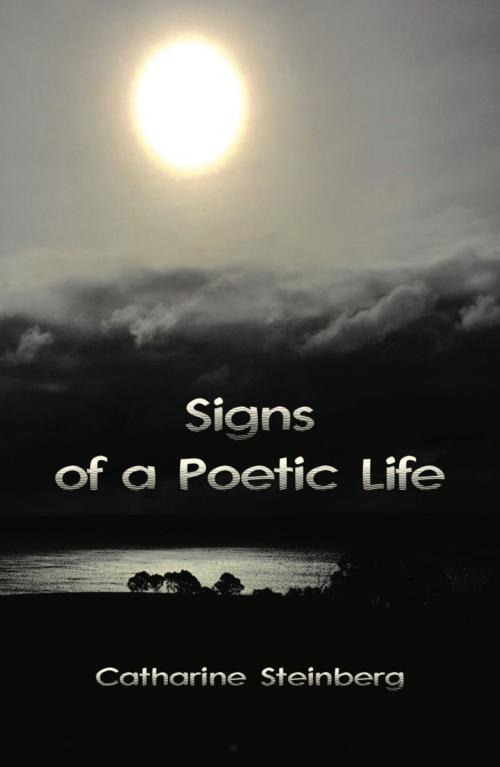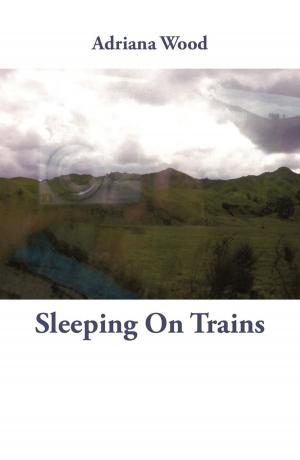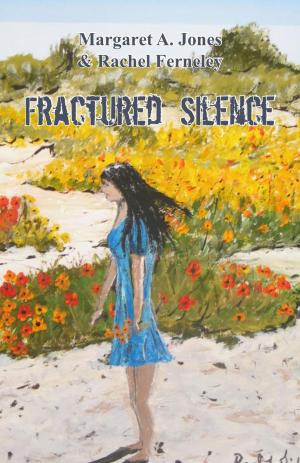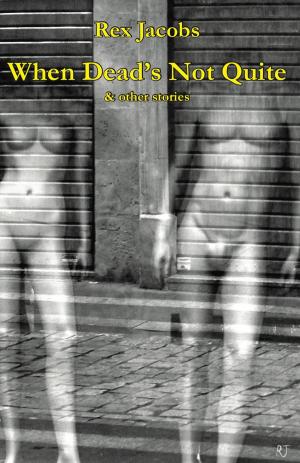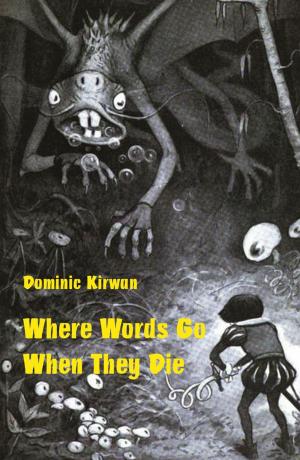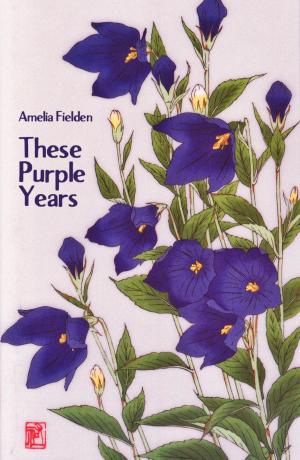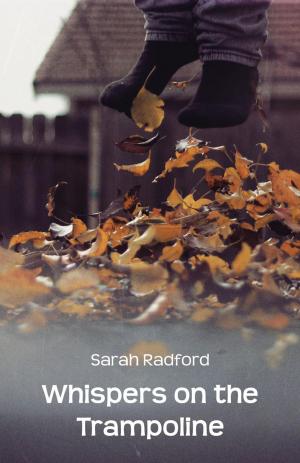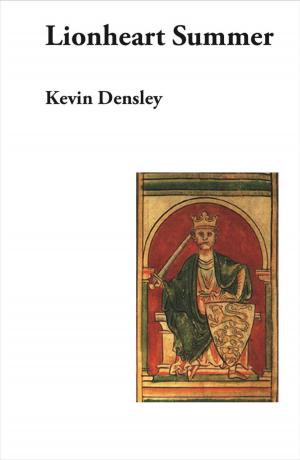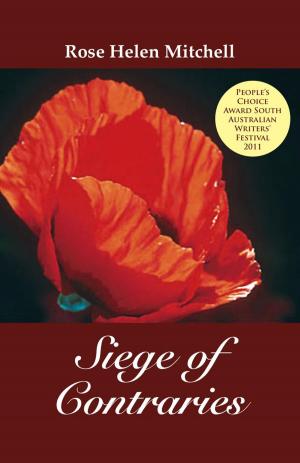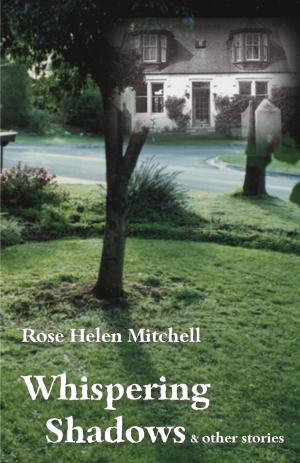| Author: | Catharine Steinberg | ISBN: | 9781760414658 |
| Publisher: | Ginninderra Press | Publication: | December 5, 2017 |
| Imprint: | Ginninderra Press | Language: | English |
| Author: | Catharine Steinberg |
| ISBN: | 9781760414658 |
| Publisher: | Ginninderra Press |
| Publication: | December 5, 2017 |
| Imprint: | Ginninderra Press |
| Language: | English |
The poems in Signs of a Poetic Life have been randomly selected from those written between 2014 and 2016. Most of the poems have arisen from associations between memories and emotions. But a few poems have arisen spontaneously and feel inspirational because, like some abstract paintings, they seem to come from an original place in my mind. I have discovered that when I paint with an open mind, images arise that feel similar to poetry in that they both originate in the unconscious mind. But it can be difficult to make sense of abstract paintings that are formed in this way because, while they express many unconscious sensations and feelings, they are non-verbal communications and usually remain in a primitive form. Of course, for art lovers like myself, this is completely fine. Whereas an abstraction can leap directly out of the unconscious mind onto the canvas and become a painting, the embryonic poem pauses briefly on its journey at a preconscious place. It is here that the poem is assembled into a language of many wild thoughts and associations. This imaginative process feels like daydreaming, fantasy or play. Only when the poem is born into consciousness does it become clothed in words, while still retaining its primitive origins. I have learnt so much from exploring this unique process and hope that I have conveyed this experience in some of my poems
The poems in Signs of a Poetic Life have been randomly selected from those written between 2014 and 2016. Most of the poems have arisen from associations between memories and emotions. But a few poems have arisen spontaneously and feel inspirational because, like some abstract paintings, they seem to come from an original place in my mind. I have discovered that when I paint with an open mind, images arise that feel similar to poetry in that they both originate in the unconscious mind. But it can be difficult to make sense of abstract paintings that are formed in this way because, while they express many unconscious sensations and feelings, they are non-verbal communications and usually remain in a primitive form. Of course, for art lovers like myself, this is completely fine. Whereas an abstraction can leap directly out of the unconscious mind onto the canvas and become a painting, the embryonic poem pauses briefly on its journey at a preconscious place. It is here that the poem is assembled into a language of many wild thoughts and associations. This imaginative process feels like daydreaming, fantasy or play. Only when the poem is born into consciousness does it become clothed in words, while still retaining its primitive origins. I have learnt so much from exploring this unique process and hope that I have conveyed this experience in some of my poems
